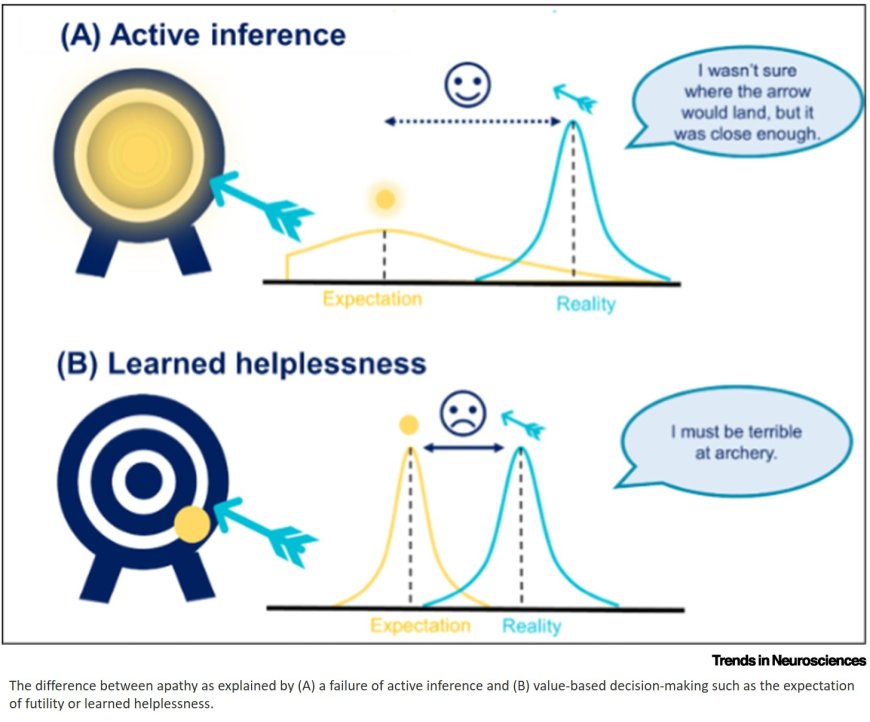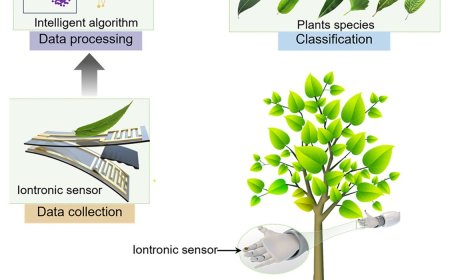Apathy as a failure of active inference

Apathy is common in neurological disorders, including dementias and conditions characterised by frontostriatal damage, where apathy is associated with faster progression and high caregiver burden.
It has often been proposed that apathy results from changes in the cost–benefit analysis of decision-making. In effect, actions are said to become undesirable due to reward insensitivity or effort avoidance.
Instead, the authors propose that apathy results from a failure of active inference, due to weak prior precision on action outcomes reducing the perceived discrepancy between the endpoints arising from action versus inaction. As a result, action becomes unnecessary, rather than being undesirable.
Apathy correlates with prior precision on action outcomes. The authors propose that prior precision can be changed both behaviorally and pharmacologically, opening new avenues for the treatment of apathy.
https://www.cell.com/trends/neurosciences/fulltext/S0166-2236(25)00223-1
https://sciencemission.com/Apathy-as-a-failure-of-active-inference













